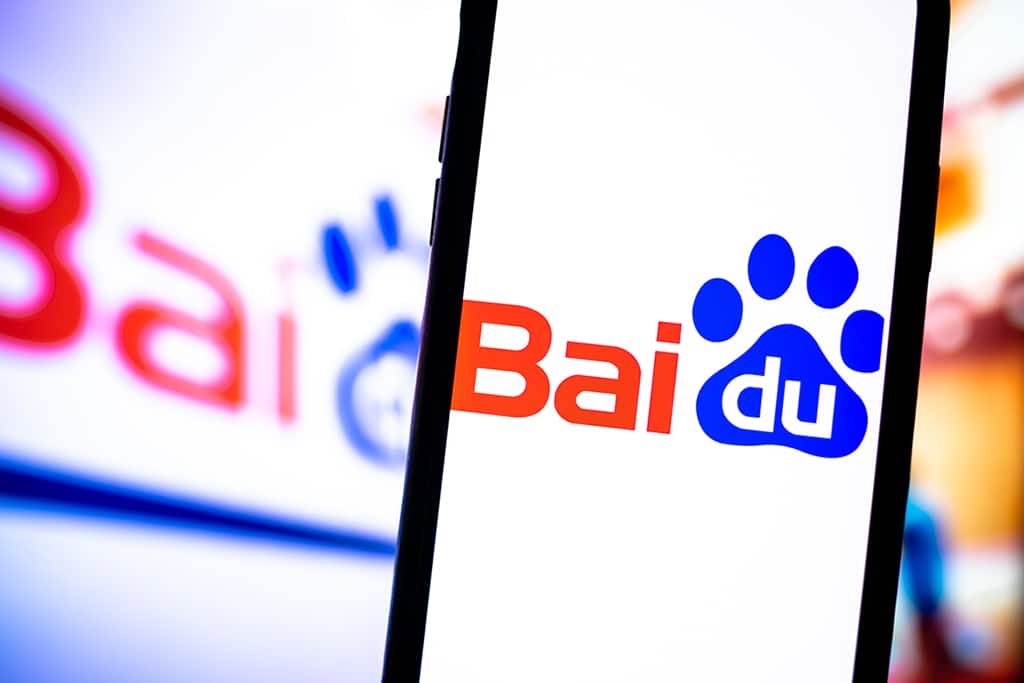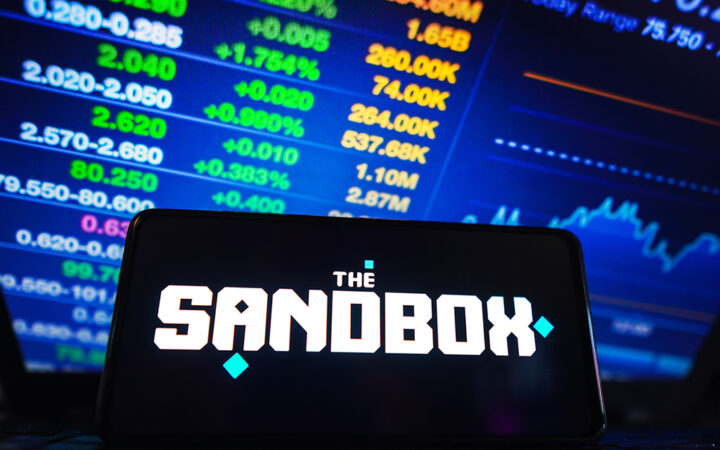
Mercy Mutanya is a Tech enthusiast, Digital Marketer, Writer and IT Business Management Student. She enjoys reading, writing, doing crosswords and binge-watching her favourite TV series.
Baidu is not the only Chinese tech company to take an interest in the metaverse. NetEase Global, Alibaba, Tencent, and Bytedance have all applied for metaverse trademarks.

Chinese internet company Baidu has revealed that its metaverse could take up to six years to be fully functional and up to par. The Beijing-based company started developing its XiRang metaverse app last year. According to Baidu vice president Ma Jie, a full launch of the application is “negative six” years. This was at a launch event on Tuesday.
Baidu has plans of holding its annual developers’ event virtually on its XiRang app in what would be the country’s first metaverse conference. The app can currently host up to 100,000 individuals. Ma Jie revealed that the company plans to build an open-source platform for metaverse devs. Monday’s annual developers’ conference will serve as an invitation for developers, mainly those based in China, to work on XiRang.
Brian Tycangco, an analyst at Stansberry Research, notes that Baidu seems to be treading carefully to adhere to China’s policies. He also opined that the open-source platform could be a way of avoiding a monopolistic situation.
In recent months, the Chinese government has brought the hammer down on tech companies that it considers monopolistic. This is in an effort to foster ‘innovation-driven’ growth and has resulted in the enactment of a new data privacy law. The law, that came into effect on November 1, details how data collection, use and storage of information is to be handled.
Baidu is not the only Chinese tech company to take an interest in the metaverse. NetEase Global, Alibaba, Tencent, and TikTok parent company Bytedance have all applied for metaverse trademarks.
Meanwhile, on the side of the world, Meta announced earlier this month that it was opening up its virtual reality world, Horizon Worlds, to persons aged 18 and older in the United States and Canada. Commenting on the trajectory of metaverse development, Microsoft co-founder Bill Gates said he expects most virtual meetings will be held in the metaverse in the coming two or three years.
Dan Ives, a senior equity analyst at Wedbush Securities believes that with the six-year timeline, Baidu risks missing out on monetization of the metaverse, something he expects will begin in 2024 and grow in the following year.
He comments that “a six-year timeline for Baidu is disappointing to hear for investors and a head-scratcher as they will miss out on this massive metaverse market over the coming years.”
On the other hand, Alvin Graylin, president at HTC China believes that a metaverse will typically take five to ten years to develop.
“For the products and services that will comprise the Metaverse, pieces of them will come much sooner. The key challenge of achieving the full Metaverse ecosystem will likely be less about specific technology or products, but more about the underlying infrastructure, international regulatory agreement and global standards. It will take a joint global effort across many companies and governments to deliver on the promise of the Metaverse,” he said.
Disclaimer: Coinspeaker is committed to providing unbiased and transparent reporting. This article aims to deliver accurate and timely information but should not be taken as financial or investment advice. Since market conditions can change rapidly, we encourage you to verify information on your own and consult with a professional before making any decisions based on this content.

Mercy Mutanya is a Tech enthusiast, Digital Marketer, Writer and IT Business Management Student. She enjoys reading, writing, doing crosswords and binge-watching her favourite TV series.




